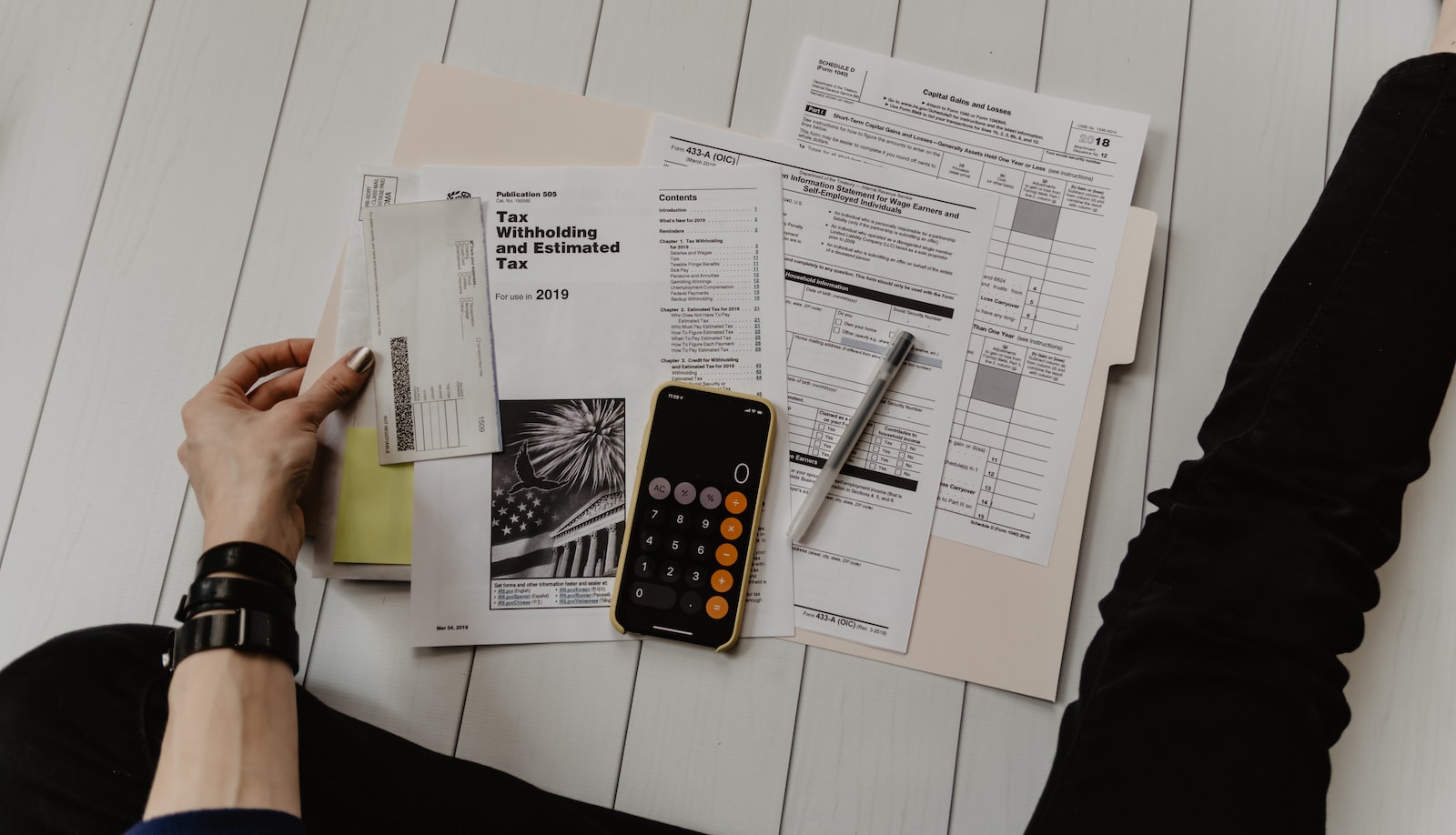Budgeting money may seem like a difficult task, but it’s actually a lot easier than you think. If you’re just getting started, it’s important to start small and gradually increase your budget as you get more comfortable with it. Here are a few beginner tips to help you get started:
1. Create a budget plan and track your expenses
2. Make a list of your monthly expenses
3. Stick to your budget!
4. Have an emergency fund for unexpected expenses
5. Make sure you’re getting the most for your money
6. Live below your means
7. Invest in yourself
8. Find a money mentor
What Is a Budget?

Budgeting might seem like a difficult task, but it’s actually pretty simple: a budget is just a plan for your money. When you budget, you’re essentially creating a roadmap that tells your money where to go.
There are a lot of different ways to budget, but the most important thing is that you find a system that works for you. The goal is to end up with more money at the end of the month than you started with—and the only way to do that is to be mindful of your spending.
Budgeting can be daunting, but it doesn’t have to be. By taking things one step at a time, you can develop a system that works for you and your unique financial situation.
Why Is Budgeting Important?
You might be wondering why budgeting is so important. After all, can’t you just save as much money as you can and not spend it?
Well, kind of. But here’s the thing—if you don’t have a budget, it’s really easy to overspend. And when you overspend, you can end up in debt, which is not fun.
Budgeting helps you to keep track of your spending so that you can make sure you’re not spending more than you can afford. It also allows you to plan for future expenses, like a vacation or a new car.
So how do you budget? There are a few different ways, but the most important thing is to figure out what works for you. You might want to use a app, or you might prefer to write everything down in a notebook. Whichever way you choose, the important thing is to be consistent with it.
How to Create a Budget
Now that you know how much you have coming in and going out each month, it’s time to start creating a budget. The goal of budgeting is to make sure that your spending aligns with your goals and values—in other words, what’s important to you.
There are a lot of different ways to budget, but the easiest way to get started is with the 50/30/20 rule. This rule says that 50% of your income should go towards needs like housing, utilities, and groceries, 30% should go towards wants like entertainment and dining out, and 20% should go towards savings and debt repayment.
Once you have a general idea of how much you should be spending in each category, you can start getting more specific. For example, if your goal is to save up for a down payment on a house, you’ll want to make sure that you’re putting enough money towards savings each month.
Creating a budget can seem daunting, but it doesn’t have to be. Start small and be flexible—you can always make changes as your needs change.
Tips for Sticking to Your Budget

Now that you’ve drawn up your budget, it’s time to start following it! Here are a few tips to help you stick to your budget:
– Automate your finances: This means setting up automatic transfers into your savings account and making sure your bills are paid on time. This way, you won’t have to think about it and you’ll be less likely to miss a payment.
– Keep track of your spending: This can be as simple as writing down everything you spend in a notebook or using a budgeting app. The important thing is that you’re aware of where your money is going.
– Make adjustments as needed: If you find that you’re consistently overspending in one area, try to cut back and reallocate that money to another part of your budget. And don’t be afraid to adjust your budget as your needs change!
Budgeting Tools and Resources
Luckily, there are a ton of great budgeting tools and resources out there that can help you get your finances in order. Here are a few of my favorites:
– EveryDollar: This is a great budgeting app that helps you track your spending and stay on top of your budget.
– Mint: Mint is another great budgeting app that gives you a clear picture of your spending habits and helps you find ways to save money.
– You Need a Budget (YNAB): This is a great budgeting software that helps you create a budget and stick to it.
– Personal Capital: This is a great tool for tracking your investments and net worth.
– Dave Ramsey: Dave Ramsey is a well-known financial expert who offers a lot of great resources on budgeting, debt, and more.
Conclusion
You can use a few different methods to budget your money, but the envelope system is a great place to start. Figure out how much money you have coming in each month, and then allocate envelopes for each of your expenses. Once the money in an envelope is gone, you can’t spend any more in that category until the next month.
It may take some trial and error to find the right system for you, but stick with it and you’ll soon be on your way to better financial health. And if you need some help getting started, there are plenty of budgeting apps out there that can make the process easier.
